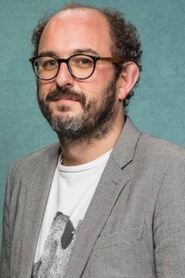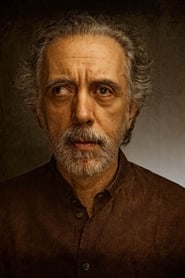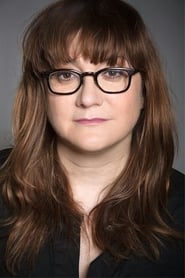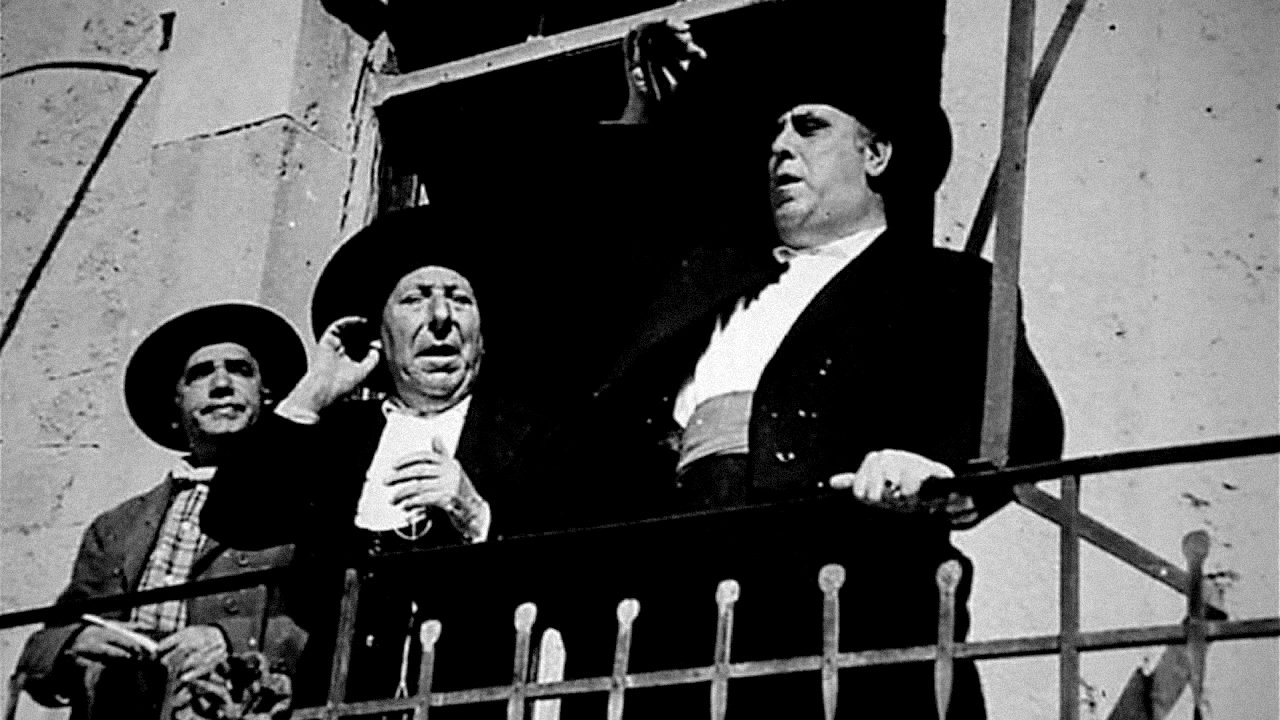
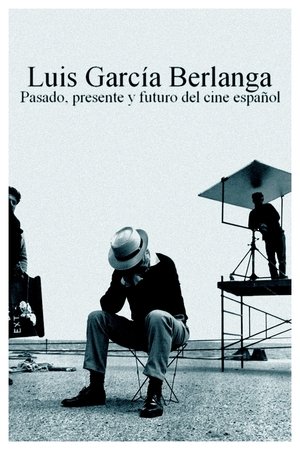
Luis García Berlanga: pasado, presente y futuro del cine español(2021)
A conversation about the work of Spanish filmmaker Luis García Berlanga (1921-2010) and his perdurance in contemporary Spanish cinema.

Movie: Luis García Berlanga: pasado, presente y futuro del cine español
Top 7 Billed Cast
Self - Host / Film Historian
Self - Spanish Film Archive Director
Self - Filmmaker
Self - Screenwriter

Luis García Berlanga: pasado, presente y futuro del cine español
HomePage
Overview
A conversation about the work of Spanish filmmaker Luis García Berlanga (1921-2010) and his perdurance in contemporary Spanish cinema.
Release Date
2021-07-23
Average
3
Rating:
1.5 startsTagline
Genres
Languages:
EspañolKeywords
Similar Movies
 0.0
0.0The Simón's Jigsaw: A Trip to the Universe of Juan Piquer Simón(es)
A journey through the work of Spanish filmmaker Juan Piquer Simón (1935-2011).
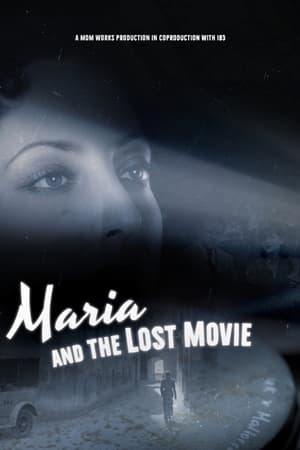 7.0
7.0Maria and the Lost Movie(ca)
The pianist Miguel Ángel Lozano embarks on a personal and artistic journey with the purpose of reconstructing the life of his grandmother, Maria Forteza (1910-60), singer and pioneer of Spanish sound films.
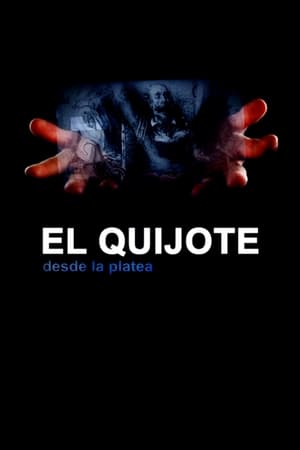 4.5
4.5El Quijote desde la platea(es)
How Don Quixote de la Mancha, the immortal character created by Miguel de Cervantes in 1605, has been depicted in cinema, television, cartoons, theater, opera, ballet and other artistic disciplines. An adventure that began more than four hundred years ago in the pages of a book and is far from coming to an end.
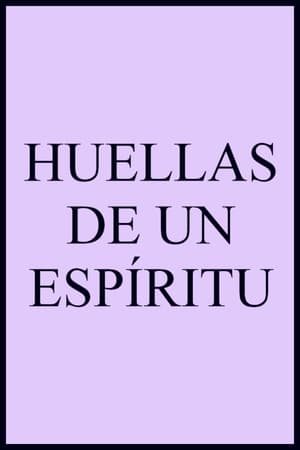 6.0
6.0The Footprints of a Spirit(es)
The story of the creation of The Spirit of the Beehive, a film directed by Víctor Erice in 1973.
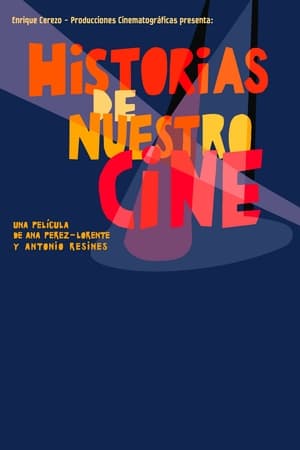 5.5
5.5Stories of Our Cinema(es)
In Spain, on May 11, 1896, at the Price circus, the first moving images ever shown in the country are projected. From that event, the Spanish actor Antonio Resines intends to compile a series of anecdotes to shape the amazing history of Spanish cinema, holding several conversations with prominent figures of the Spanish film industry.
 6.9
6.9Penélope Cruz: Diva in the Mirror(fr)
An account of the life and work of Spanish actress Penélope Cruz: a long journey that began in the working-class neighborhoods of Madrid and ended in the hills of Hollywood.
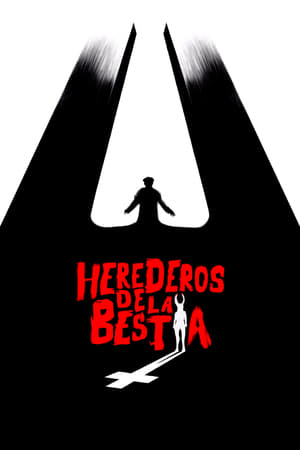 6.0
6.0Heirs of the Beast(es)
The story of the making and subsequent success of The Day of the Beast, the Spanish cult film directed by Álex de la Iglesia and released in 1995.
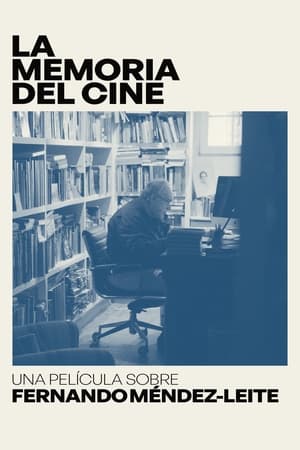 6.4
6.4The Memory of Cinema: A Film About Fernando Méndez-Leite(es)
A look at the life and work of Spanish filmmaker and film critic Fernando Méndez-Leite, as he writes his memoirs and a novel with autobiographical resonances.
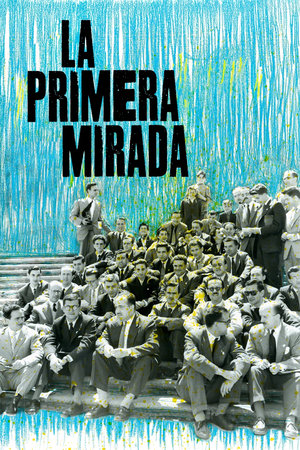 0.0
0.0The First Look(es)
In Spain, a poor country ruined by the recent Civil War (1936-39), and in the midst of Franco's dictatorship, a film school was created in Madrid in 1947, which became, almost unintentionally, a space of freedom and pure experimentation until its closure in 1976.
 0.0
0.0Uncensored Women(es)
The story of a group of actresses who, in the Spain of the seventies, and in the midst of the democratic Transition, decided to appear nude in the films of that time of radical political change, defying the rigid and deeply rooted social rules.
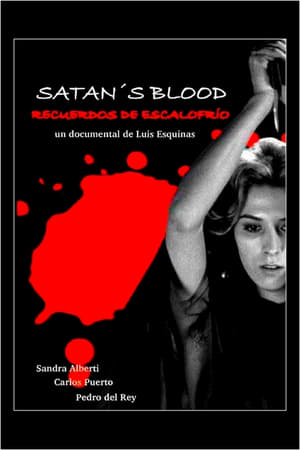 6.0
6.0Satan's Blood: recuerdos de «Escalofrío»(es)
The story of the shooting of Satan's Blood (Escalofrío), a film directed by Carlos Puerto in 1978.
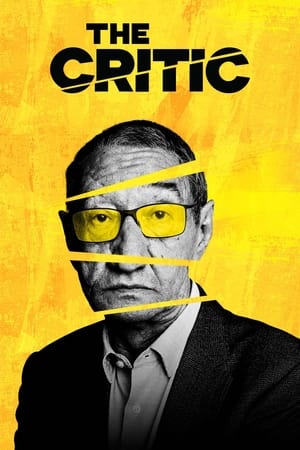 6.4
6.4The Critic(es)
A portrait of film critic Carlos Boyero, one of the most followed and feared figures in Spanish cinema, surrounded by controversy and both love and hate.
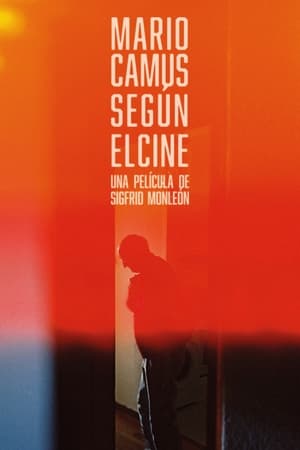 0.0
0.0Mario Camus según el cine(es)
A look at the life and work of Spanish filmmaker Mario Camus (1935-2021).
![[REC]: Horror Without Pause](https://image.tmdb.org/t/p/w300/s9aRzHViIFLyEVVKZPIg4MzWwD9.jpg) 6.9
6.9[REC]: Horror Without Pause(es)
The horror film [REC] — directed by Jaume Balagueró and Paco Plaza, and released in 2007 — was an unprecedented triumph for Spanish fantasy cinema. Fifteen years later, those responsible for the creation and worldwide success of this cinematic milestone decode its keys and resurrect the myth.
 6.7
6.7The Brave Class(es)
Three college students start a social experiment to prove that reality changes according to the words we use to describe it. Through research, activist actions, and artistic interventions, they analyze the importance of language in the way we understand the world. The documentary includes analysis from more than 20 international experts and leaders in the fields of political communication and information.
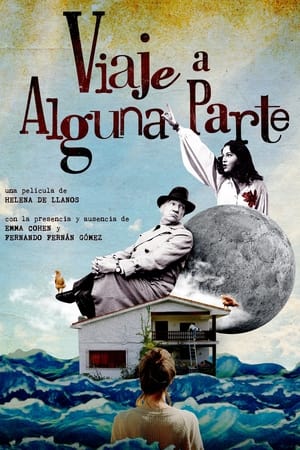 6.5
6.5Journey to Somewhere(es)
A young woman, who has inherited her grandparents' huge house, a fascinating place full of amazing objects, feels overwhelmed by the weight of memories and her new responsibilities. Fortunately, the former inhabitants of the house soon come to her aid. (An account of the life and work of Fernando Fernán Gómez [1921-2007] and his wife Emma Cohen [1946-2016], two singular artists and fundamental figures of contemporary Spanish culture.)
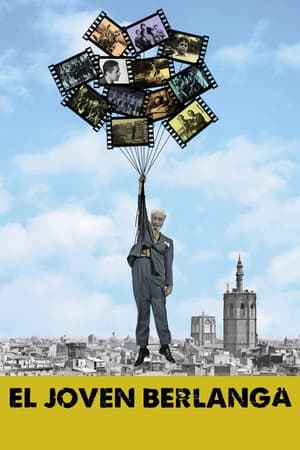 6.5
6.5El joven Berlanga(es)
The early days of the future genius of Spanish cinema Luis García Berlanga, from his birth in Valencia in 1921 to his departure to Madrid in 1947 to become a filmmaker.
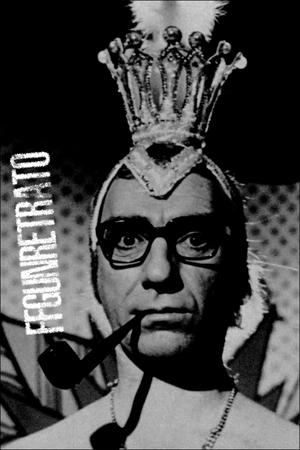 7.0
7.0FFG: un retrato(es)
An experimental portrait of Fernando Fernán Gómez, one of the most renowned Spanish artists of all time.
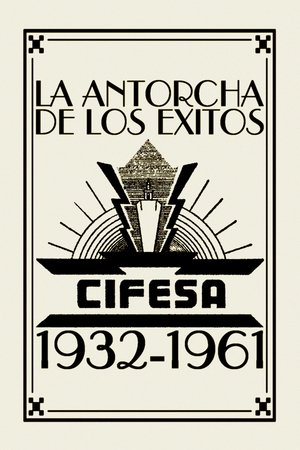 4.0
4.0La Antorcha de los Éxitos: Cifesa (1932-1961)(es)
The amazing story of Cifesa, a mythical film production company founded in Valencia by the Casanova family that managed to dominate the box office during the turbulent times of the Second Spanish Republic, the carnage of the Civil War and the hardships of the long post-war period and Franco's dictatorship — and survive until the sixties, when Spain was timidly beginning to change.
 6.5
6.5Susana y el sexo(es)
The story of iconic Spanish artist Susana Estrada's struggle against censorship and sexual repression during the turbulent years following the death of dictator Francisco Franco.
